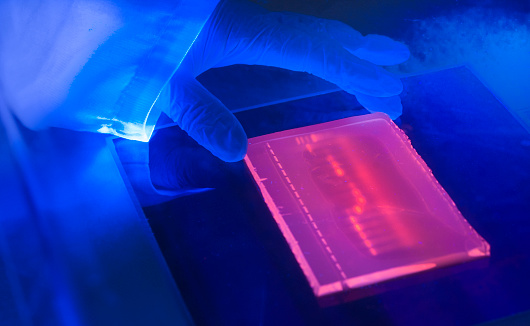
The way we breathe is influenced by our DNA. Breathing is automatic for most of us, but it is not for a select few. The automated breathing system does not improve in an unusual hereditary disorder known as central congenital hypoventilation syndrome. Scientists have learnt a lot about how mutations affect our breathing by researching diseases like this one, including the fact that it is rare.
This unusual mutation tends to induce a malfunction of the brain to regulate breathing; in mice, the mutation causes death within the first few hours of life, while an infant may live with artificial life support in humans.
Furthermore, it seems that various mutations cause varying degrees of severity, and that these genes are affected by the environment (at least in mice—human studies are lacking on this point). Mice raised in hot environments with the same gene mutation as mice raised in cold environments, for example, are less affected by this condition.
This emphasizes the fact that the genetic blueprint we inherit is not set in stone; our upbringing will have a significant impact on the effect our genes have on us. Our bodies, like our breathing, are formed and reshaped by our genetic and environmental interactions throughout our lives.
Lance Armstrong is noted for his very powerful lungs; during training, he can absorb milliliters per kilogram of weight per minute of oxygen in a single breath, while the average non-athlete can only consume half that amount. Our DNA blueprints form some to percent of our lung efficiency, with the climate accounting for the remainder, according to the Framingham Heart Study, which enrolled over ten thousand people.
However, the same research found that how people adapt as they age—whether their lung ability weakens or strengthens—is primarily affected by their climate (to a large extent). This means that our lifestyle decisions and how we live—whether we exercise every day, smoke tobacco, or live in polluted areas—have a significant impact on our lung wellbeing as we mature.
Is it possible that mindfulness has an impact on our gene expression?

One of the most interesting recent developments in the field of mindfulness is the answer to that question: We have the ability to control our own genes, turning them on or off in speech, by altering our mental states, and paying attention to breath is one of the most effective ways to do so.
Many causes have been shown to affect gene expression, but evidence supporting the theory that a deliberately directed mental state is one of them has only recently been discovered. A analysis conducted by Boston University researchers demonstrates how potent such an effect can be. In the research, the patterns of gene expression of nineteen long-term practitioners of meditation (or mind-body activities that evoke the calming response) were compared to nineteen nonmeditators.
There were many variations between the two classes, with over a thousand genes indicating higher activity in the long-term practitioners than in the novices, and over a thousand genes showing lower activity.
When nonmeditators' gene expression patterns were compared before and after they were taught a basic stimulation response strategy (developed by Harvard's Herbert Benson), about 1500 genes showed discrepancies. Since putting all of the data together, a select group of fifteen genes was identified as the most likely to be affected by the relaxing response, with many of them being involved in the body's stress response, cellular metabolism, and oxidative stress.
You may also want to read more about Mindfulness Meditation and Healing here.
